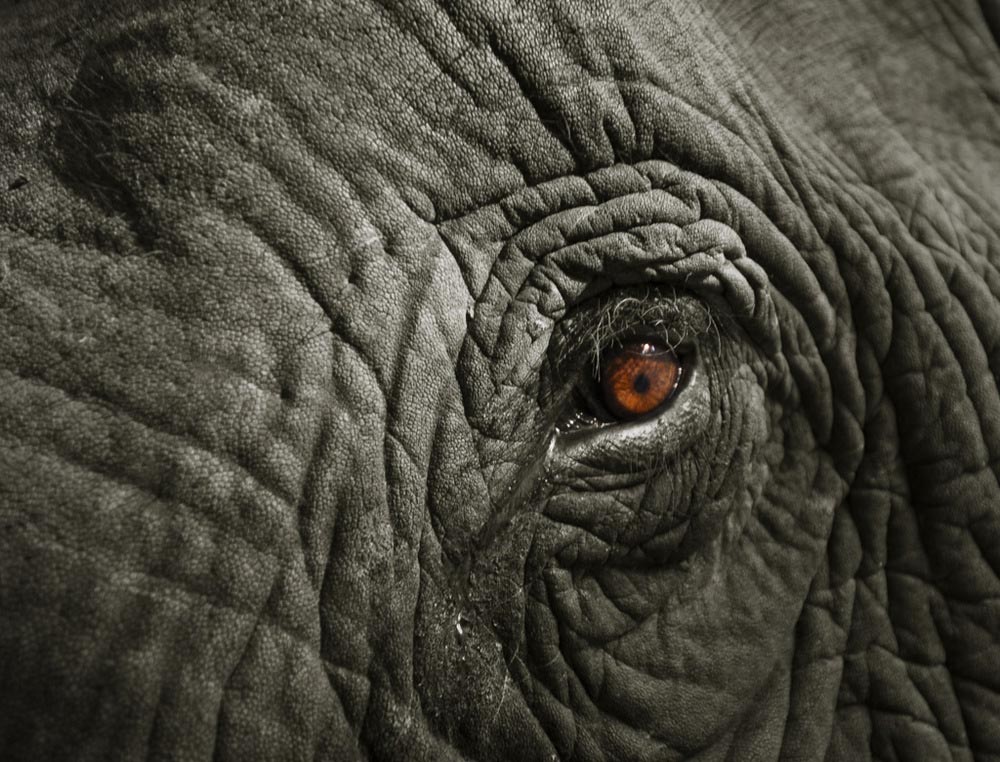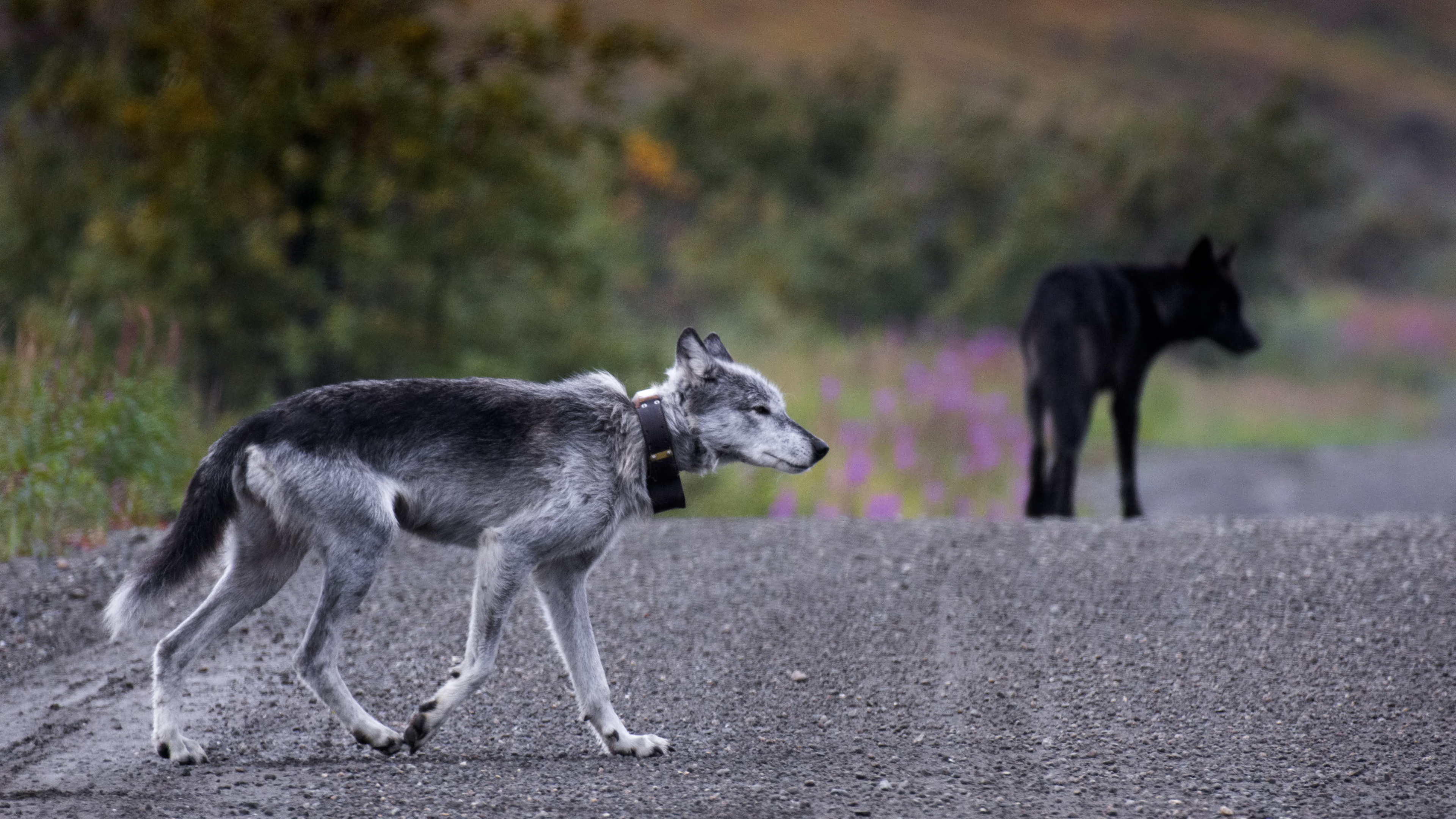
Elephant Poaching in Africa: The Underground Ivory Trade
Andrew Dobson, an ecologist at Princeton, asks a poignant question in a recent New York Times article on elephant poaching in Africa. The question is: “Do you want your children to grow up in a world without elephants?”
Whether it’s armed Congolese, Ugandan and Sudanese soldiers, or poor Tanzanian villagers who poison pumpkins to kill elephants, an unprecedented poaching epidemic is prevalent throughout Africa. The vicious killings are mostly driven by a growing Chinese middle class and their intense desire for ivory, which now sells for $1,000 per pound in Beijing.
Mountainfilm in Telluride has highlighted the issue several times, most recently last festival with a presentation and gallery exhibit by Dag Goering, a veterinarian and photographer who works to save the species. It’s an uphill battle, and even the Ivory Coast, named for its abundant pachyderm population, has seen its elephant numbers plummet.
While the issue is gaining attention in the press, including a recent NPR story, efforts to stop the killing vary in success. Philanthropist Greg Carr (Mountainfilm in Telluride 2009) created Gorongosa National Park in Mozambique and made efforts to bring back the elephant to the country, sometimes by relocating the animals. National Geographic photographer George Steinmetz (Mountainfilm in Telluride 2011) points out the complexity of the issue in this short film, saying, “I don’t think you can expect Western development in an African system. They have to figure out what works for them.”
These photos illustrate the beauty of the elephant and current problem they face.


